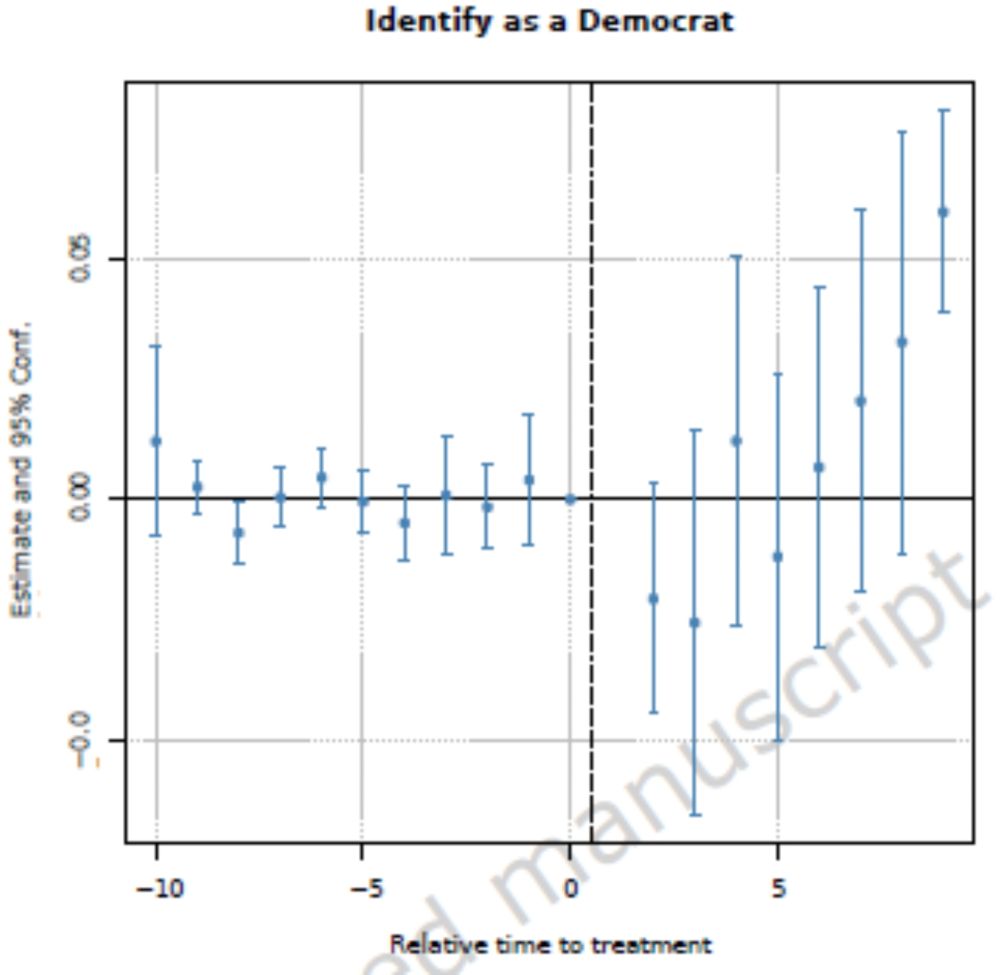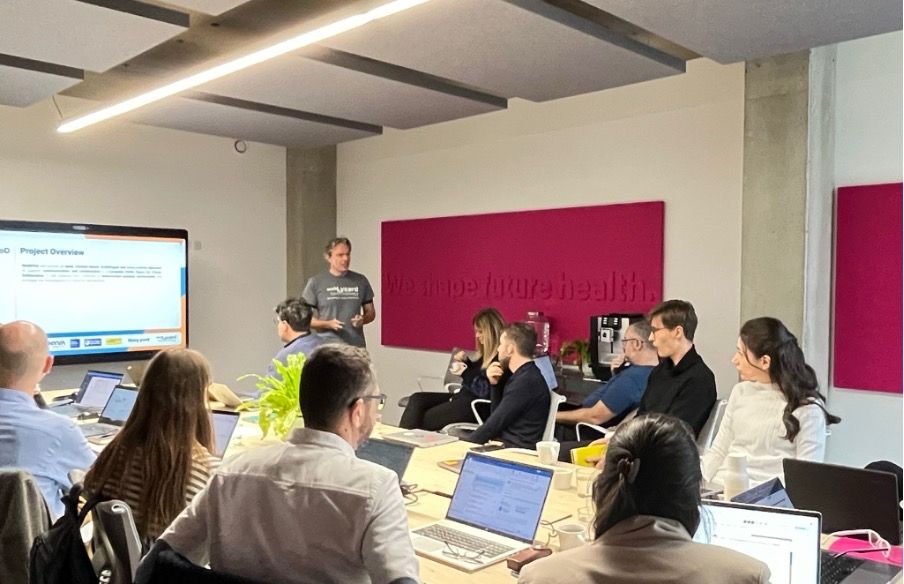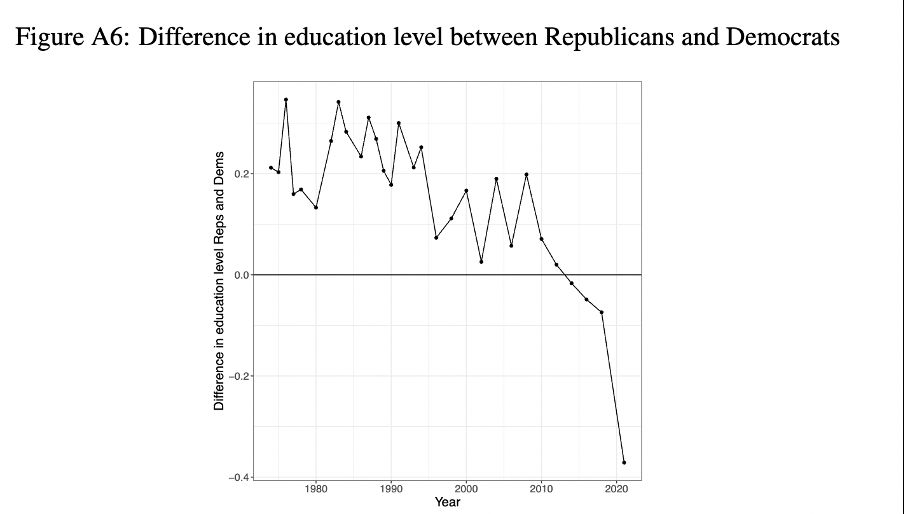George Melios
@gmelios.bsky.social
460 followers
640 following
35 posts
Working on the intersection of econ, polsci and behavioural science. Applying causal inference to study what people believe and how they behave. Currently at LSE and RHUL
Posts
Media
Videos
Starter Packs
George Melios
@gmelios.bsky.social
· Sep 5
George Melios
@gmelios.bsky.social
· Sep 5
George Melios
@gmelios.bsky.social
· Sep 5
George Melios
@gmelios.bsky.social
· Sep 5
George Melios
@gmelios.bsky.social
· Sep 5
George Melios
@gmelios.bsky.social
· Sep 5
Reposted by George Melios
George Melios
@gmelios.bsky.social
· May 29

Weather to Protest: The Effect of Black Lives Matter Protests on the 2020 Presidential Election - Political Behavior
Do mass mobilizations drive social change? This paper explores this question by studying how the Black Lives Matter protests following George Floyd’s death influenced the 2020 U.S. presidential electi...
link.springer.com
George Melios
@gmelios.bsky.social
· May 29
The Guardian
@theguardian.com
· May 25

How did 2020’s Black Lives Matter movement change the world? Our panel responds
Five years ago, George Floyd was murdered by a police officer in Minneapolis. Writers and activists from Brazil to Berlin talk about the protests, hope and disappointment that followed
www.theguardian.com
George Melios
@gmelios.bsky.social
· Mar 4
George Melios
@gmelios.bsky.social
· Feb 14
George Melios
@gmelios.bsky.social
· Nov 13
George Melios
@gmelios.bsky.social
· Sep 18
George Melios
@gmelios.bsky.social
· Sep 18






